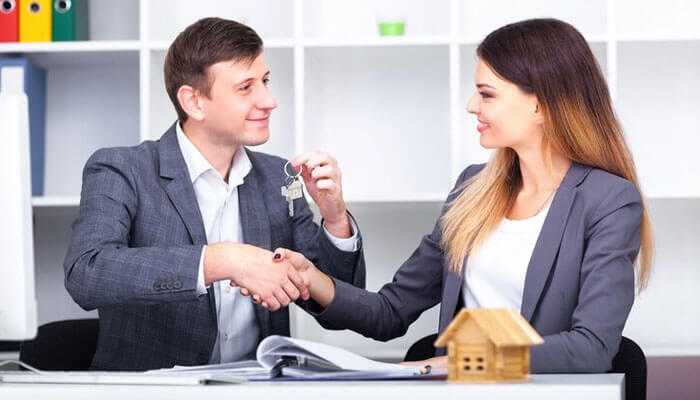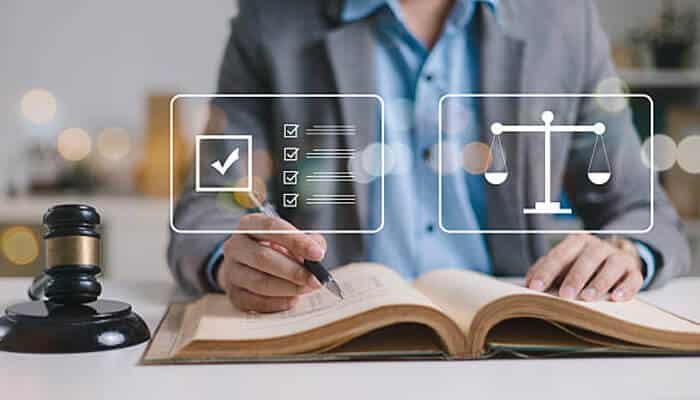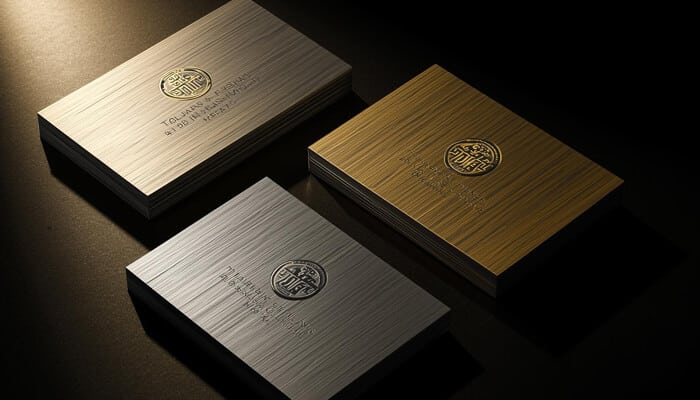When someone is injured due to unsafe conditions on a property in Florida, whether from a slip-and-fall, broken equipment, or poor lighting, the property owner may be liable for the harm caused. Experienced Fort Lauderdale premises liability lawyers schillingsilvers.com offer individuals resources and guidance on how to approach premises liability cases and seek rightful compensation. Florida premises liability law holds property owners responsible for ensuring their spaces are safe for visitors, whether in public or private settings.
In a busy city like Fort Lauderdale, Florida, where tourists and residents frequently visit hotels, restaurants, and other public spaces, premises liability becomes a significant concern. With Fort Lauderdale’s vibrant mix of high-traffic venues, property owners must take extra care to ensure that their premises are hazard-free and meet safety standards.
For those injured on another’s property, understanding premises liability law and knowing what steps to take can make all the difference in receiving fair treatment and holding property owners accountable.
Understanding Premises Liability
Premises liability involves property owners’ duty to address any injuries that occur within their premises. It applies to all types of properties – be they residences or public spaces, including personal premises, commercial establishments, and public venues where incidents can happen unexpectedly. It’s the responsibility of the property owner to ensure a secure environment so that any visitors are kept safe.
Premises Liability Conditions
For premises liability to come into play, certain requirements need to be fulfilled. Firstly, the individual who got injured must have been on the property legally. Those who trespass may not receive the same level of protection. Secondly, there should have been negligence on the part of the property owner in upholding safety standards. Lastly, this neglect must have directly led to the harm suffered by the visitor.
Different Kinds of Guests
Guests at a property are categorized into multiple groups: invitees who visit for business or public purposes, like customers or clients; licensees who come for personal reasons, such as friends or family members; and trespassers who enter without authorization.
Different Responsibilities of Care
Different visitors to a property require varying levels of care from the owners or controllers of the premises. Invited guests are entitled to the highest consideration for their safety. Property managers have a responsibility to maintain a safe environment and alert invitees about any potential dangers.
Visitors with permission fall under a high level of care expectation. On the other hand, while property possessors should address known risks for licensees, they are not obligated to identify hazards. Trespassers are afforded the lowest protection under the law. However, property controllers must refrain from actively causing harm to trespassers.
Examples of Cases Involving Premises Liability
Different situations demonstrate the concept of premises liability, such as slip and fall incidents caused by wet floors or uneven surfaces, insufficient security that can result in assaults on the premises, and incidents like dog bites and swimming pool accidents, to name a few. Thoroughly assessing each case involves examining the specific circumstances and evaluating the responsibility of the property owner in averting harm.
Steps to Take to Protect Against Claims of Responsibility for Premises

Property owners have various methods to protect themselves against premises liability claims. One approach is to show that the injured person willingly accepted the risk involved, meaning they knew about the danger but still proceeded. Another defense is negligence, which suggests that the injured individual shares some blame for their harm.
Additionally, proving that the property was maintained in an optimal state can act as the best form of defense.
Tips for Property Owners to Prevent Issues
To reduce the risks of premises liability incidents, property managers should implement strategies to maintain safety standards on the premises. Conducting property inspections is essential to detect and address hazards promptly. For instance, fixing broken steps or improving inadequate lighting are key steps in ensuring safety. Moreover, it’s important to have proper signage in place to alert individuals of any dangers, thereby adding an extra layer of protection. Training staff members to be vigilant in identifying and reporting hazards also plays a key role in bolstering safety measures.
The Importance of Legal Help
In cases involving premises liability issues, it is crucial to seek help from an expert. These professionals have the skills needed to review claims and decide on the steps to take. They can help with collecting evidence, discussing settlements, and standing up for individuals in court when needed. Having someone knowledgeable guide you through the legal intricacies is essential to success.
In Summary
Property safety is upheld by premises liability laws, which are essential for protection and security within properties for both owners and visitors. This knowledge encourages a safe environment through the implementation of safety protocols and seeking legal guidance when needed to ensure everyone’s well-being.
Source: Cosmo Politian











